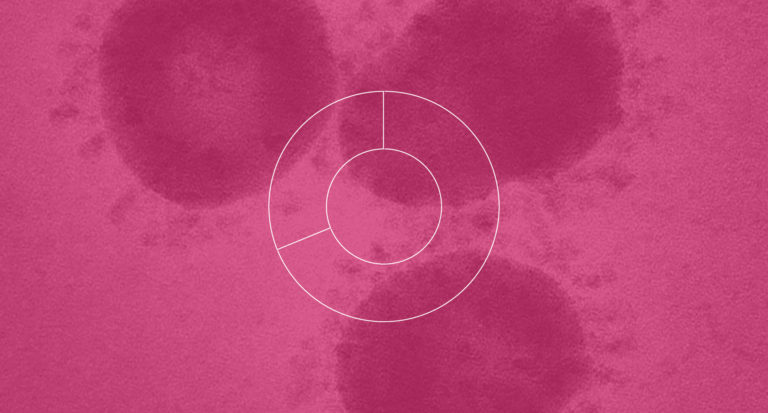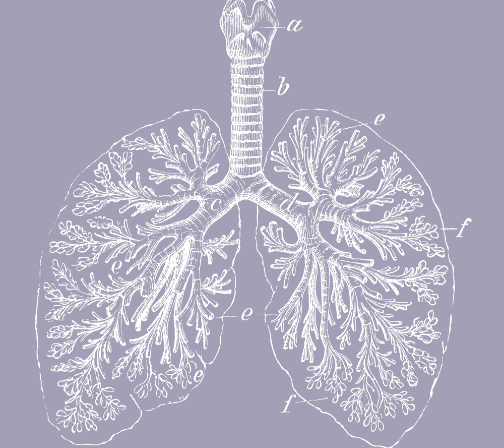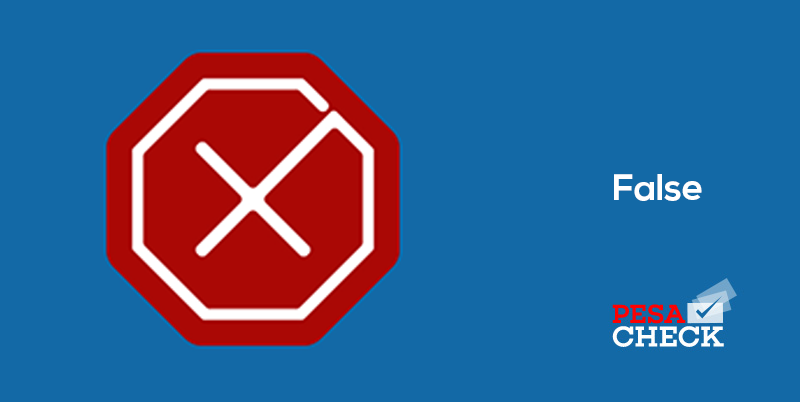


Subscribe
Data delivered to your inbox. Keep up with the latest developments.The method is unproven and has not been recommended by health authorities.

A Facebook post claiming that people can test for COVID-19 by holding their breath for more than 10 seconds is FALSE.
Another Facebook post making the same claim falsely attributes it to Stanford University, which disowned the assertions on Twitter.
Medical experts assert that the ‘test’ is not a reliable indication for whether one has COVID-19 or not, and is likely to cause panic.
While the World Health Organization states that people with fever, cough and difficulty breathing should seek medical attention, this is not a definitive symptom of COVID-19, and should be considered in the context of other symptoms, such as fever, tiredness, and dry cough.
Speaking to PesaCheck, WHO spokesperson Tarik Jasarevic said there is no evidence that the test works.
“The only way that a person can ascertain that they have the coronavirus disease is through getting tested by qualified medical personnel” — Tarik Jasarevic.
The Centers for Disease Control and Prevention recommends regular hand washing, covering one’s mouth when sneezing or coughing and staying home to minimize the risk of getting infected with the disease.
To avoid spreading the coronaviruses, Kenya’s Ministry of Health recommends that anyone who suspects they have COVID-19 should not take themselves to hospital but call the government emergency hotlines for assistance.
There has been a number of false claims on treatment and preventive measures against COVID-19, including the claim that gargling warm water with salt is a cure for the disease, which PesaCheck found to be false.
PesaCheck has looked into the claim that holding one’s breath for more than 10 seconds is a self-check test for COVID-19 and finds it to be FALSE.
This post is part of an ongoing series of PesaCheck fact-checks examining content marked as potential misinformation on Facebook and other social media platforms.
By partnering with Facebook and similar social media platforms, third-party fact-checking organisations like PesaCheck are helping to sort fact from fiction. We do this by giving the public deeper insight and context to posts they see in their social media feeds.
Have you spotted what you think is fake news or false information on Facebook? Here’s how you can report. And, here’s more information on PesaCheck’s methodology for fact-checking questionable content.
This fact-check was written by PesaCheck Fact-Checker James Okong’o and edited by PesaCheck Deputy Editor Ann Ngengere.
The article was approved for publication by PesaCheck Managing Editor Eric Mugendi.
PesaCheck is East Africa’s first public finance fact-checking initiative. It was co-founded by Catherine Gicheru and Justin Arenstein, and is being incubated by the continent’s largest civic technology and data journalism accelerator: Code for Africa. It seeks to help the public separate fact from fiction in public pronouncements about the numbers that shape our world, with a special emphasis on pronouncements about public finances that shape government’s delivery of Sustainable Development Goals (SDG) public services, such as healthcare, rural development and access to water / sanitation. PesaCheck also tests the accuracy of media reportage. To find out more about the project, visit pesacheck.org.
PesaCheck is an initiative of Code for Africa, through its innovateAFRICA fund, with support from Deutsche Welle Akademie, in partnership with a coalition of local media and other civic watchdog organisations in 14 African countries.








